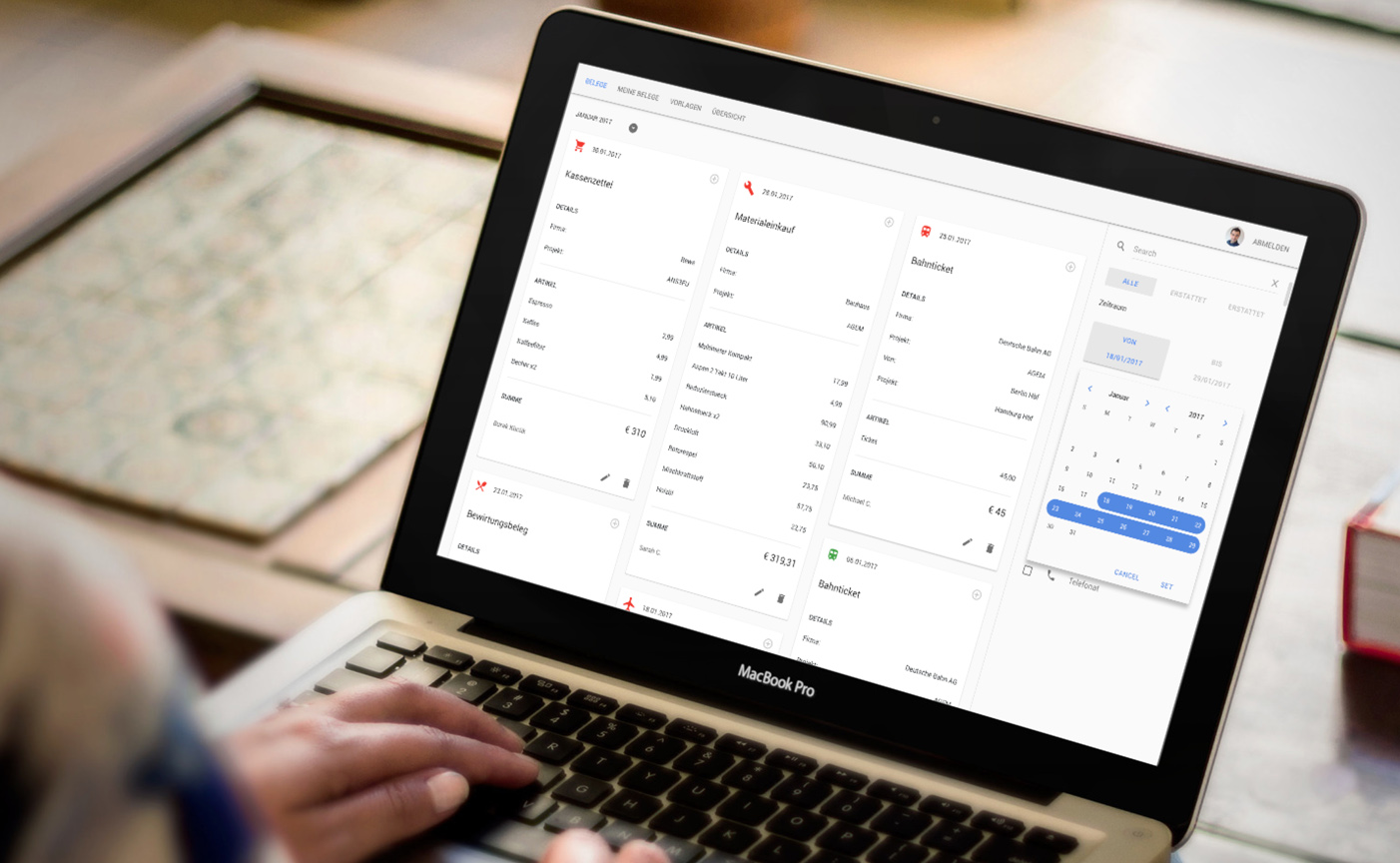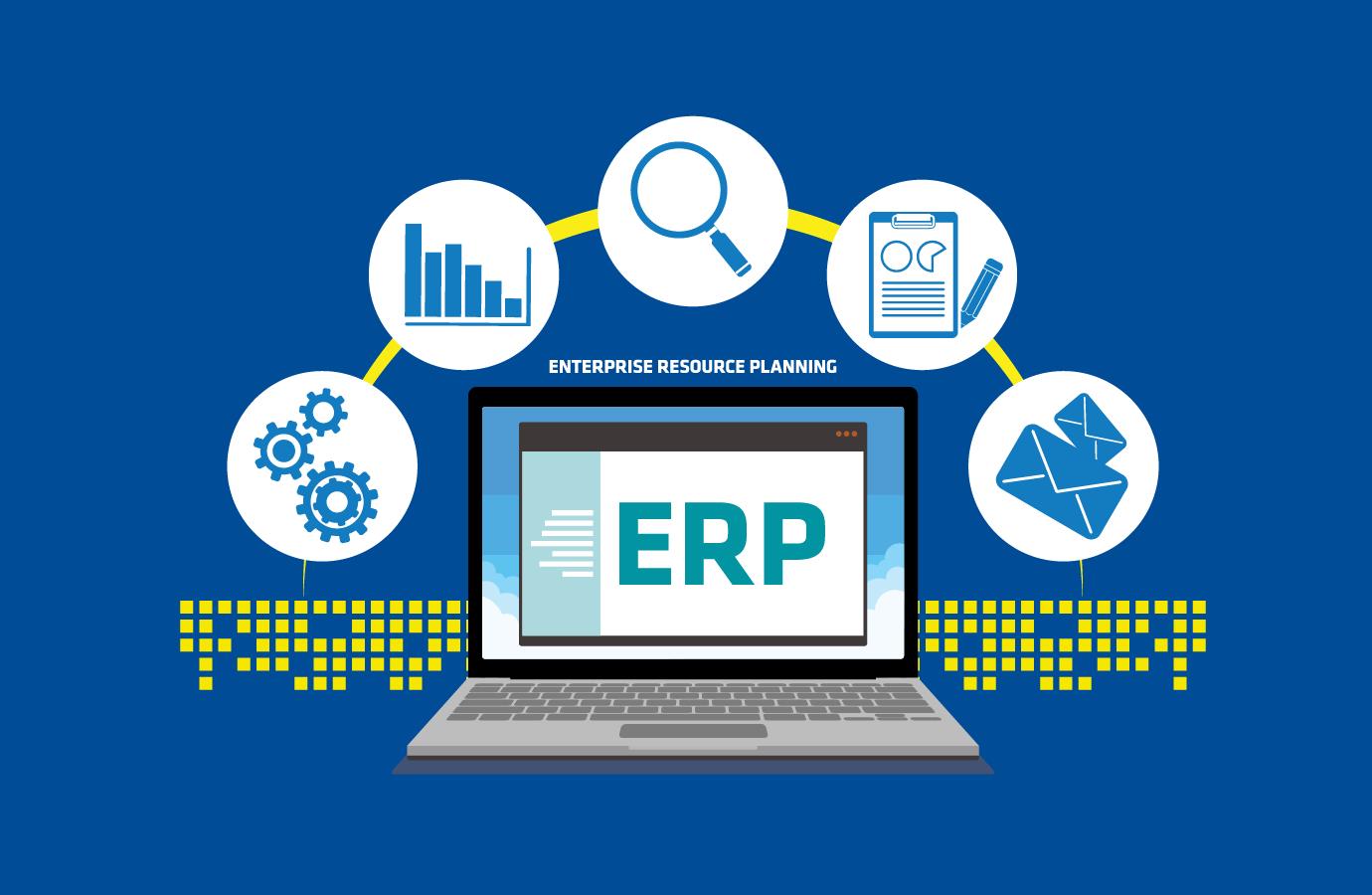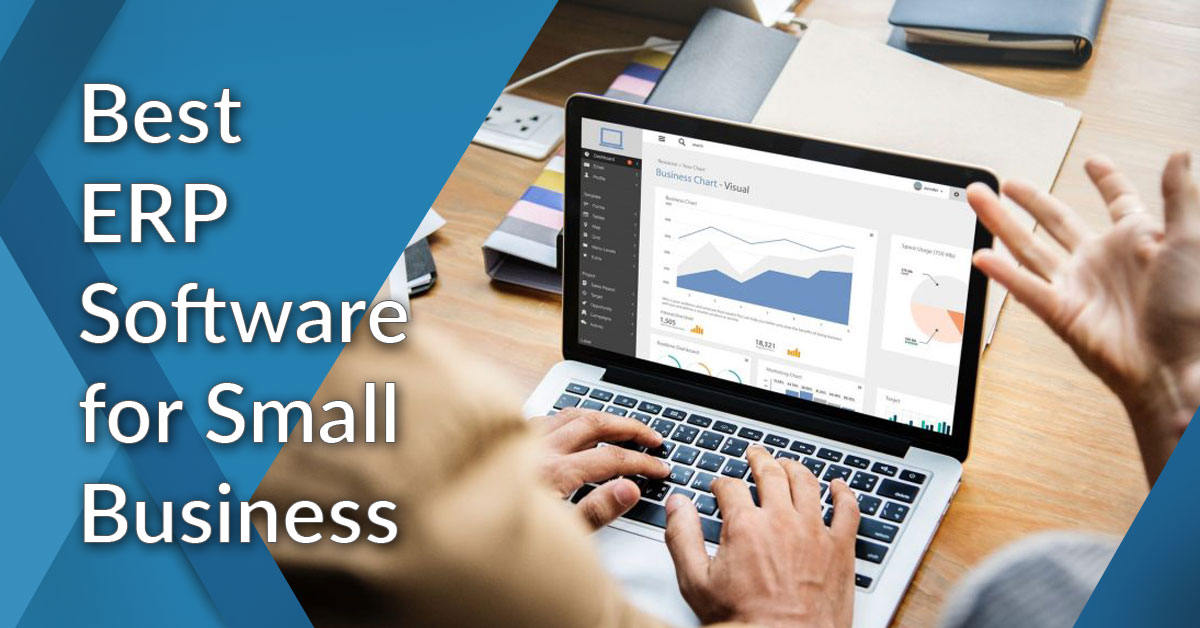Best ERP Software for Small Business In 2024
In the rapidly evolving business landscape of 2024, small businesses stand at a critical juncture where the adoption of advanced technologies is no longer a luxury but a necessity for survival and growth. Among these technologies, Enterprise Resource Planning (ERP) software emerges as a pivotal tool, offering an unparalleled advantage in streamlining operations, enhancing decision-making, and propelling businesses toward their strategic goals. This year, as we delve into the capabilities of ERP systems, we find that they are more accessible, customizable, and scalable than ever before, designed to meet the unique needs and challenges of small businesses.
Contents
Why Small Businesses Need to Adopt ERP in 2024
The adoption of ERP software has become a strategic necessity for small businesses seeking to navigate the competitive and dynamic landscape of modern commerce. By integrating essential functions like finance, HR, sales, and supply chain management into a single platform, ERP systems offer the agility and efficiency required for optimizing resources, reducing costs, and swiftly adapting to market demands. Beyond merely keeping up with technology, ERP solutions in 2024 represent a vital tool for enhancing overall business performance, enabling small enterprises to meet the high expectations of customers through personalized and efficient service. By providing real-time insights into customer behavior, inventory, and financial metrics, ERP systems facilitate quick, informed decision-making, essential for success in today’s fast-paced market environment.
The Competitive Edge of Integrated Business Operations
The use of ERP software unifies business operations, enhancing not only operational efficiency but also promoting a culture of collaboration and transparency by eliminating departmental silos. This integration allows for the free flow of information, improving productivity through quicker access to necessary data, speeding up project completion, and reducing the time to introduce new products or services. Additionally, ERP systems empower small businesses with data analytics and business intelligence capabilities, offering actionable insights for strategic decision-making, uncovering new market opportunities, and enabling the customization of products or services to better meet customer demands. Thus, the advantage of ERP systems lies in their ability to align business operations with strategic goals and customer expectations, providing a substantial competitive edge.

Top 5 ERP Solutions for Small Businesses in 2024
In the dynamic world of 2024, selecting the right ERP (Enterprise Resource Planning) solution is more critical than ever for small businesses aiming to thrive amidst stiff competition and rapidly changing market conditions. This year has seen a plethora of ERP solutions designed to cater to the diverse needs of small enterprises, each offering unique features and benefits. Here, we explore the top 5 ERP solutions that have distinguished themselves as game-changers for small businesses, enabling them to optimize operations, drive growth, and enhance customer satisfaction.
NetSuite ERP stands out as a comprehensive solution tailored for growing businesses with complex needs. It offers an extensive suite of applications covering financials, inventory management, order management, CRM (Customer Relationship Management), and project management. NetSuite’s cloud-based platform facilitates real-time visibility into critical business data, allowing for informed decision-making and strategic planning. While its scalability supports business growth, potential users should consider the investment, as it may be on the higher side for simpler operations.
Acumatica emerges as a formidable contender, especially for businesses seeking a flexible and customizable ERP solution. Acumatica’s platform shines with its adaptability, enabling companies to tailor the software to their specific operational needs. Its core features span across financials, inventory management, project management, and CRM, supporting a holistic view of business operations. The solution’s cloud-based nature ensures accessibility and scalability, though businesses might need to navigate the complexity of implementation and customization.
Sage Intacct is lauded for its robust cloud-based financial management capabilities, making it an ideal choice for businesses prioritizing financial operations and compliance management. It offers deep functionalities in financials, project management, and compliance, all designed to streamline processes and enhance financial visibility. Sage Intacct is particularly beneficial for businesses looking for an ERP solution that integrates seamlessly with other cloud services, though its scope might be narrower compared to more comprehensive ERP systems.
Microsoft Dynamics 365 Business Central is recognized for its seamless integration with other Microsoft products, offering a cohesive solution for businesses already within the Microsoft ecosystem. This ERP solution covers a broad range of functionalities, including financials, inventory management, sales and marketing, and customer service. Its user-friendly interface and integration capabilities make it a strong option for businesses seeking an efficient, all-in-one ERP system. However, customization limitations should be considered when comparing it to more flexible ERP platforms.
SAP Business One is designed to meet the needs of businesses looking for an industry-specific solution. It provides extensive features across financials, inventory management, CRM, and production management, tailored to the unique demands of various industries. SAP Business One’s global recognition and comprehensive capabilities make it a go-to ERP solution for businesses seeking depth and industry alignment. Nonetheless, the complexity and cost could be potential hurdles for smaller or simpler operations.

How to Choose the Right ERP Software
Selecting the ideal ERP software for a small business in 2024 is a nuanced process that requires a deep understanding of both your current operational needs and your future growth plans. The market is replete with solutions, each promising to revolutionize how small businesses operate, yet the key to unlocking this transformative potential lies in a careful, criteria-based selection process.
Aligning Your Business Needs with ERP Capabilities
Choosing the right ERP software begins with a detailed analysis of business needs against the functionalities of potential ERP systems, focusing on areas that could significantly benefit from automation and integration, such as financial operations, inventory management, customer relationships, and project management. This process requires more than matching features; it demands careful consideration of the ERP’s architecture, flexibility, and user interface to ensure it can support the organization’s unique workflows and data analytics requirements. The objective is to select an ERP solution that not only fits the current operational needs but is also scalable and adaptable to future changes and growth, ensuring it can evolve with the business’s evolving processes and information demands.
Budget and Scalability: Planning for Growth
When selecting an ERP system, small businesses must prioritize budget considerations and scalability to ensure the solution aligns with their financial constraints and growth prospects. The cost of ERP solutions varies significantly based on deployment models, user numbers, and customization levels, making it essential to evaluate the total cost of ownership, including implementation, training, and ongoing support, rather than just initial expenses. Opting for ERP systems with transparent pricing and flexible payment options can mitigate financial strain. Moreover, the chosen ERP must be scalable, and capable of accommodating future business expansion through additional users, modules, or functionalities, ensuring the investment continues to add value as the business evolves, enters new markets, or diversifies its operations.
In 2024, the adoption of ERP software emerges as a critical strategy for small businesses aiming to navigate the complexities and seize the opportunities of the digital age. The strategic selection and implementation of the right ERP system are paramount, offering businesses a path to improved efficiency, operational streamlining, and growth. With a myriad of ERP solutions available, tailored to meet the diverse needs of today’s dynamic business environments, businesses need to align their operational requirements, growth goals, and financial considerations with the capabilities of these systems. The right ERP solution not only enhances productivity and agility but also catalyzes transformation, innovation, and sustained growth, positioning small businesses for success in a competitive digital landscape.







